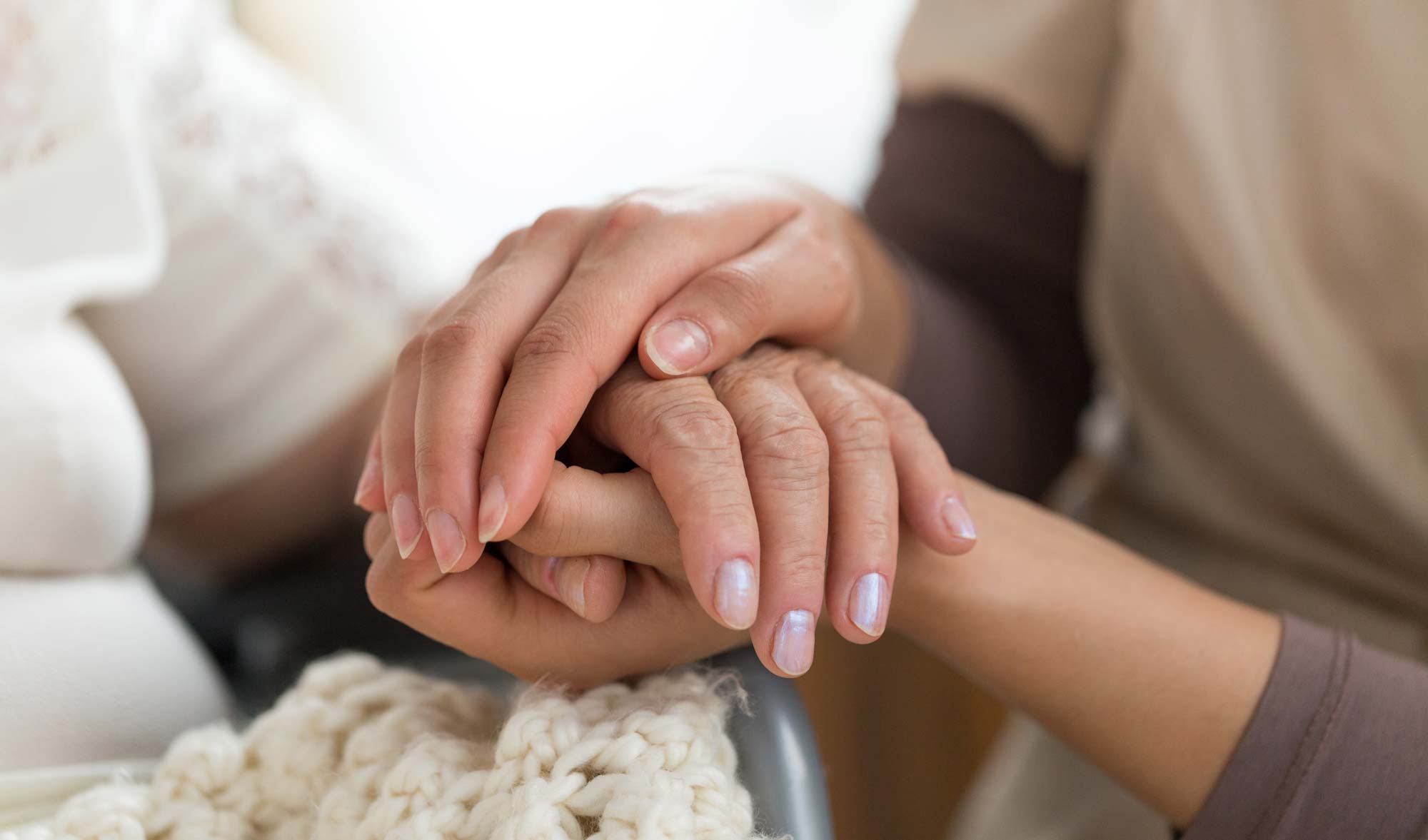Alzheimer’s is a progressive disease that affects memory, thinking, and behavior. It is currently incurable, and its symptoms tend to worsen over time. However, there are ways to improve the quality of life of those living with Alzheimer’s, and music is one of the most effective ways to do this.
Music can stimulate multiple parts of the brain simultaneously, which can help those with Alzheimer’s to focus and communicate better. Listening to music can also provide a sense of comfort and familiarity, which can help to manage symptoms of anxiety and depression.
When people with Alzheimer’s hear music, they may become more animated and engaged. They may even sing, dance, or clap their hands. Music has a powerful effect on the brain. Our brains store certain memories by linking them with specific songs, which is why we associate certain songs with particular memories or emotions.
Music therapy is a standard treatment for Alzheimer’s patients because of its positive effects on mood and behavior. Music can boost mood, encourage movement, and help those with difficulty communicating express themselves. Music of all genres is easily accessible, making it a convenient and cost-effective way of improving the quality of life of those with Alzheimer’s.
Alzheimer’s can cause mood swings, agitation, and other behavioral changes. Accessing an upbeat or calming song can help manage these symptoms and improve the patient’s overall well-being. Additionally, music can be a way to communicate with Alzheimer’s patients. Play different songs with different meanings and observe the reaction. That reaction can be a form of communication that most people with Alzheimer’s cannot express in words.
In conclusion, music therapy is a promising treatment for Alzheimer’s patients. It has many benefits, including improving mood, communication, and overall quality of life. Music can help to manage symptoms of anxiety and depression, and it is easily accessible to all. By incorporating music into Alzheimer’s care plans, we can improve the well-being of those with this disease.
References:
https://seniorht.com/music-therapy-dementia-alzheimers/
Written by: Harley Dick
4/16/2024
